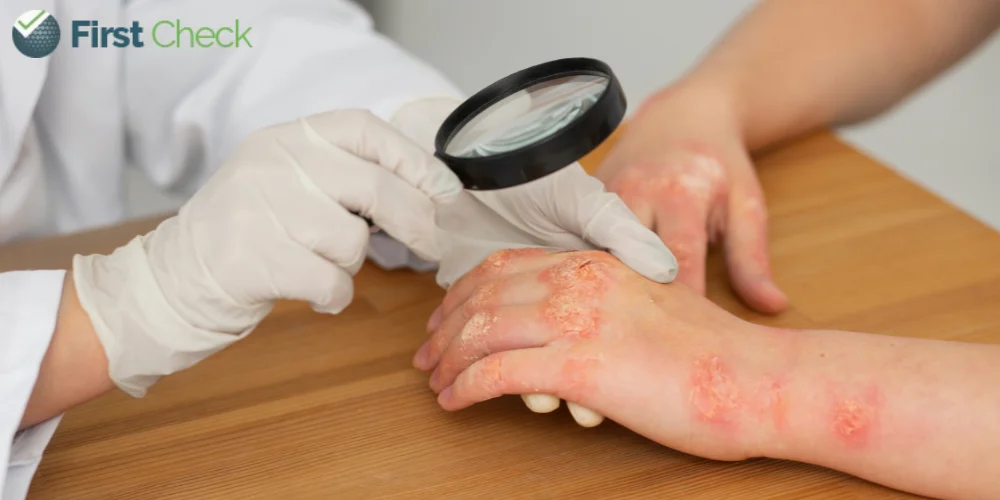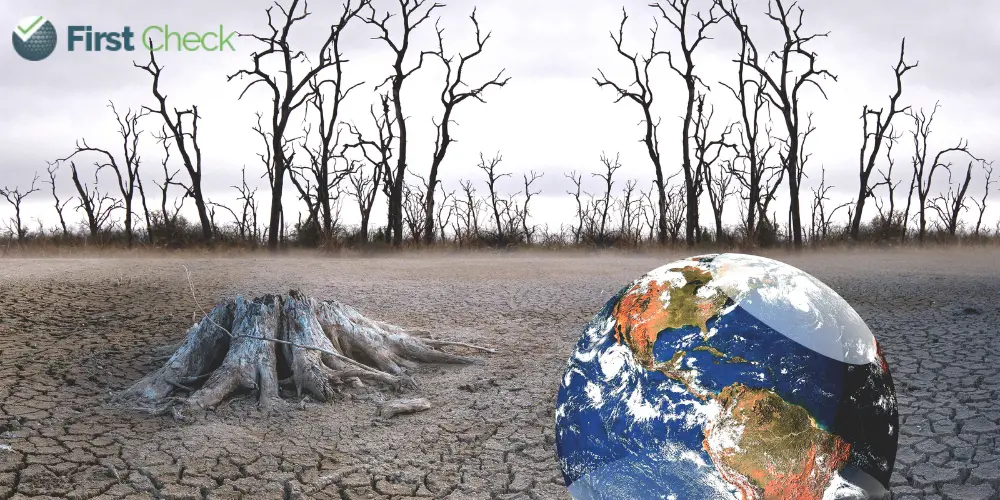Grassroots programme in Bihar boosts health literacy, combats health misinformation: The Mercury Project
The programme helped nearly 14,000 students better spot fake headlines, and even influenced their parents
Author
Author
- admin / 7 months

- 0
- 4 min read
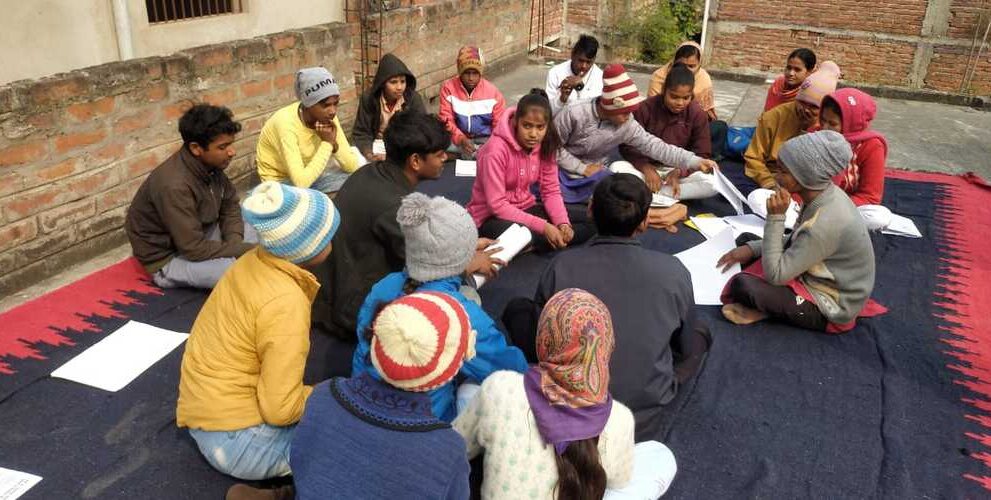
Author
A grassroots training programme designed by The Mercury Project and conducted in partnership with DataLEADS and JEEViKA (Bihar Rural Livelihoods Promotion Society) “produced striking effects on students’ abilities to distinguish between true and false information,” especially when it comes to health information.
The Bihar Information and Media Literacy Initiative (BIMLI), which targeted almost 14,000 school going students in Bihar in four 90-minute sessions led by trained educators, saw students’ ability to “discern true versus false headlines” and “identify reliable versus unreliable sources,” and “their willingness to share true versus false headlines,” all improved by 27-39 per cent.
What was even more striking was that the training sessions also helped change the students’ health-seeking behaviours, with a reported decline in “the reliance on alternative medical approaches to cure serious illnesses.”
BIMLI: A grassroots media and health literacy programme
The Mercury Project is a global coalition of social and behavioural scientists dedicated to developing cost-effective, scalable solutions that promote science-based health decisions. BIMLI was a grassroots initiative under the Mercury Project that “explored how adolescents engage with health information online, and whether classroom-based media and literacy training could effectively prevent or alter the behaviors (sic.) that stem from access to inaccurate health information.”
“Inaccurate health information online is a global concern, one that is exacerbated in regions where adolescents have low literacy and limited experience using the internet,” it said.
The field experiment targeted nearly 14,000 students across Bihar, one of India’s least developed states and delivered four 90-minute sessions over 14 weeks, led by trained educators, as part of an official government certificate course. The sessions equipped students with critical thinking skills to identify credible health information and counter misinformation, a pressing issue in these regions.
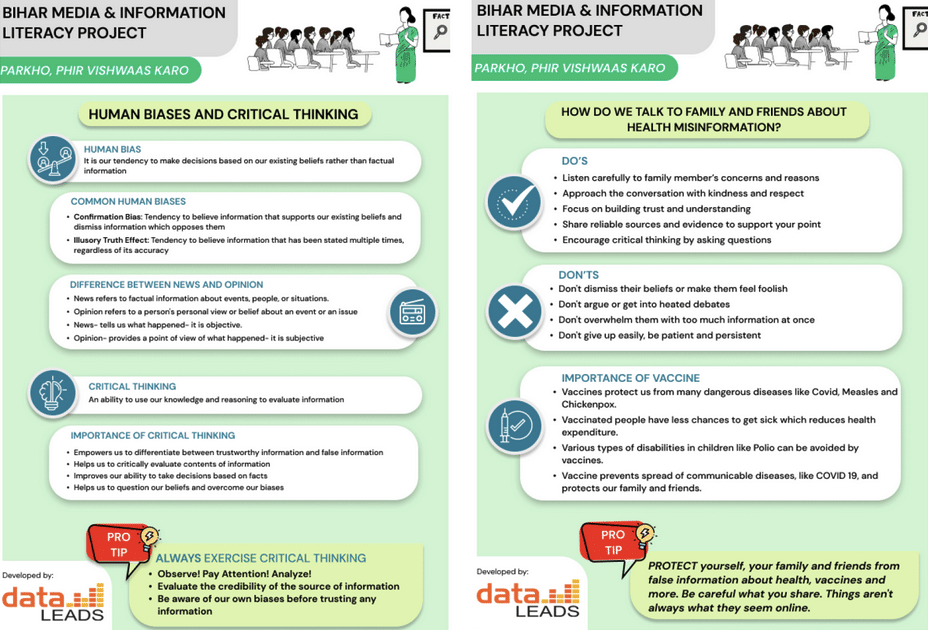
A sample sheet sent home with students
“Participating adolescents were asked about a variety of outcomes, including their attitudes, preferences, and behavior towards online health information. These outcomes were compared to those of students who received a “placebo” class designed to mirror the intervention class in terms of length and attendance requirements,” according to The Mercury Project.
Media and health literacy programmes can mitigate misinformation
The project findings reveal that the health and media literacy programme significantly enhanced students’ ability to navigate and evaluate health information online, with lasting impacts that extend beyond health to political discernment and even influence parents.
The BIMLI “experiment found that a classroom-based information literacy program improved students’ capacity to comprehend and process health information, as well as to apply classroom teachings to real-life contexts.”
Students showed a 35% improvement in distinguishing true from false headlines, a 27% increase in sharing only accurate information, and a 39% boost in identifying reliable sources. “Specifically, students were more likely to be critical of online sources and to utilize different checks when deciding which news sources were worth sharing with others,” it said.
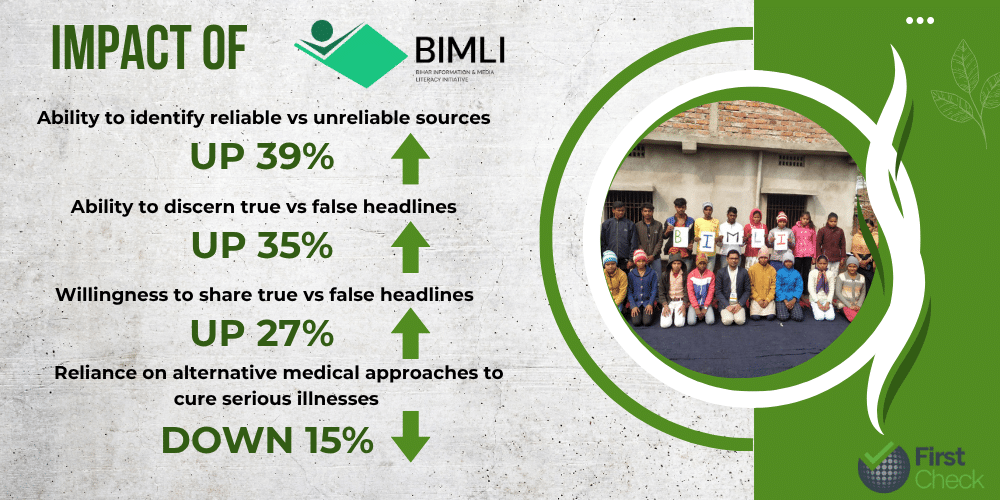
Notably, these effects persisted four months post-intervention, indicating long-term benefits. The program also reduced reliance on alternative medical treatments for serious illnesses by 15%.
The initiative’s impact extended to political news, with students showing a 26% improvement in discerning true from false political information, despite the program focusing solely on health. Parents of participants also demonstrated improved ability to identify accurate information, highlighting the program’s “trickle-up” effect within families.
“BIMLI’s results show that well-crafted health education programs can not only educate participants on how to discern false health-related information but also can combat the spread of false information in non-health domains and affect those close to participants,” the Mercury Project findings noted.
Also read: BIMLI: 5 key learnings in fighting health misinformation – First Check








